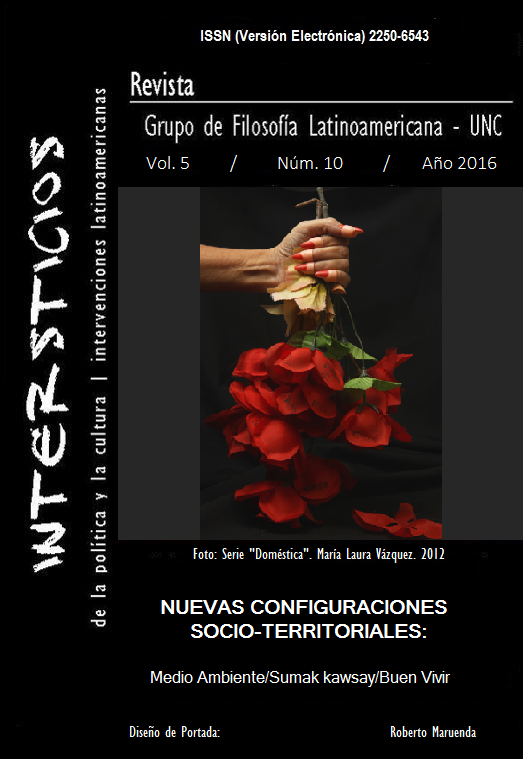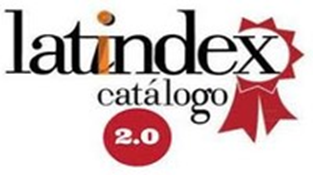Imagining ways for indigenous Mexican women to "live well". Reflections for the construction of a public agenda
Keywords:
indigenous women, development policies, POPMIAbstract
In order to explore the neccesary aspects to promote the integral development of Mexican indigenous women, through a public agenda, enhancing its leading role as main actors of their own processes of change and its peoples, from a democratic, intercultural, intergenerational and gender equity practice, this article presents the analysis of the implementation of the Organización Productiva para mujeres Indígenas (POMPI) policy in two indigenous communities in the state of Morelos, Mexico. With this we seek to explore in detail, into matches and ruptures between the initiatives of the Mexican State and the demands of indigenous women.Downloads
References
Oulhaj, L. (2012), Sistematización del concepto de desarrollo desde la perspectiva de los pueblos indígenas y sus prácticas: estudio de dos comunidades en México. Comisión Nacional para el Desarrollo de los Pueblos Indígenas (CDI). México.
Mohanty, Ch. T. (2008), “Bajo los ojos de occidente. Academia feminista y discurso colonial” en L. Suárez Navaz y A. Hernández (Eds.), Descolonizando el Feminismo: Teorías y Prácticas desde los Márgenes, Editorial Cátedra, Madrid, pp. 112-161.
Reglas de Operación del Programa Organización Productiva para Mujeres Indígenas (POPMI), Diario Oficial de la Federación, México, viernes 30 de diciembre de 2011 (Octava Sección).
Unceta, K. (2009, julio), “El debate del desarrollo en tiempos de crisis”, en Patria Grande, [On Line], Año 2, Número 16, disponible en: http://www.patriagrande.org.bo/
Bonfil Sánchez, P. (2004), “Lo público es ancho y ajeno. Obstáculos y desafíos para la construcción de una agenda de mujeres indígenas”, en A. Hernández, A. Paz y M. T. Sierra (Coords). El Estado y los indígenas en tiempos del PAN: neoindigenismo, legalidad e identidad. CIESAS/Miguel Ángel Porrúa, México, pp. 53-80.
Giraldo, O. F. (2014), Utopías en la era de la supervivencia: una interpretación del buen vivir. Editorial Itaca. México, p. 16.
NIEL, M. (2011), El Concepto de Buen Vivir. Trabajo de Investigación. Universidad Carlos III de Madrid, Instituto Universitario de Estudios Internacionales y Europeos “Francisco de Vitoria”, Madrid, p. 7.
Cabnal, L. (2012), Documento en Construcción para aportar a las reflexiones continentales desde el feminismo comunitario, al paradigma ancestral originario del “Sumak Kawsay” – Buen Vivir, disponible en: https://amismaxaj.files.wordpress.com/2012/09/buen-vivir-desde-el-feminismo-comunitario.pdf
Downloads
Published
Issue
Section
License
Authors who have publications with this journal agree to the following terms:
a. Authors will retain their copyright and grant the journal the right of first publication of their work, which will simultaneously be subject to the Creative Commons Attribution License that allows third parties to share the work as long as its author and first publication in this journal are indicated.
b. Authors may adopt other non-exclusive license agreements for distribution of the published version of the work (e.g., deposit it in an institutional telematic archive or publish it in a monographic volume) as long as the initial publication in this journal is indicated.
c. Authors are allowed and encouraged to disseminate their work through the Internet (e.g., in institutional telematic archives or on their web page) after the publication process, which may produce interesting exchanges and increase citations of the published work (see The effect of open access).











